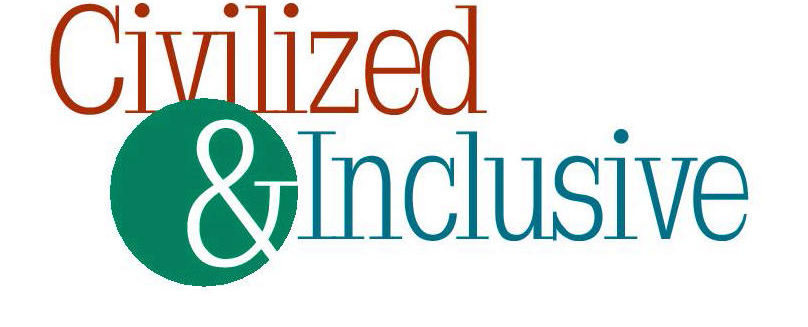Retrospective 50 years after fighting for my country.
My second day in Vietnam had me jumping off a helicopter into a mortar barrage at the LZ in An Hoa, my rear area for the next year. My second to last day in Vietnam the helicopter taking me to Da Nang to leave Vietnam crashed. The year in between was spent as a combat Marine in the rice paddies and mountains of Vietnam.
This is a contemporary retrospective view of the country and people I fought for 50 years ago. My moral and ethical views, which help inform this retrospective, are partly a result of that year playing the most dangerous game that humans play.
It has been two generations since the loss of the military draft. Two generations since the loss of two of the last vestiges of shared American experience that the draft included which made America what it is/was. Those lost vestiges are the loss of the melting pot, and the loss of working for your country.
The melting pot of the draft forced us to live and work with others who were unfamiliar to us. We overcame initial misgivings and got things done. The unknown “other” turned into the known and familiar.
Working for your country gives a sense of ownership of the country and that sense of ownership promotes a responsibility towards that which is owned. The country, and the government that runs the country, are mine. I own and am responsible for my country and want my country and government to run correctly for all.
As I write this, we find ourselves a deeply divided country. The “other” is a scary bogeyman used to divide us even more. “My taxes are too high” is a refrain commonly heard now-a-days. But, humans are social animals with societies they build in order to, hopefully, live a fair and equitable life. Taxes are the way we keep that society functioning. If you do not like taxes, or American socialism, you should stop driving on roads, quit drinking water from your faucet, don’t flush your toilet, teach your kids at home, and, among other American socialist endeavors, send back your social security checks.
The loss of the draft also lost the democracy of the military. Without members from all walks of life serving in the military, we have the majority of Americans with no skin in the game of war, or an understanding of the military industrial complex. Without a democratic draft military, we have no anti-war movement; most people don’t care, or understand, that we have killed some 4 million innocent civilians in our wars since we took over the war in Vietnam with the defeat of the French in 1954 (wars of choice by the way – the US’s existence has never been at issue). We have no one, from any political party, who will take on the military which spends some one trillion of our dollars a year on their/our killing machine; and, no one to take on the military industrial complex which has been the world’s largest supplier of military arms, armaments, and war materiel since the end of the Second World War. We sell and do death around the world with nary a peep from our own citizens because most of us have no skin in the game.
There are many ills this country needs to address: poverty, health, hunger, homelessness, mass incarceration, infrastructure, the cost of education, and climate, to name a few. Even if our military was cut in half, it would still, by a large margin, be the biggest military in the world. Think of what we could do to address those needs with another half a trillion dollars each year to spend on life instead of spending it on dealing death to the rest of the world.
So how do we return those vestiges of shared American experience?
A two year mandatory National Service with an inner democratic military draft component would go a long way towards having the unknown “other” turned into the known and familiar. Work for your country, work with the other, and we may end up a fair and equitable society.
Whether we like it or not, the political realm is where we as a society make our societal decisions. With the advent of money so controlling our politics (we are more a plutocracy than a democracy because of this), no matter what your particular issue is, or where your effort lies, unless we get money out of politics, you have little hope of affecting how your particular issue plays out.
To that end, we should adopt six amendments to our constitution:
1. Corporations are not people. A person is one human.
2. Money is not speech. Speech is what a human does to communicate.
3. Publicly funded political campaigns. The only money that can be spent on or about a political campaign is the public funding given to a particular candidate.
4. No gerrymandering. Voting districts will be chosen by an independent commission working off census data. Districts will be the simplest geometric shape that divides population.
5. No negative campaigning or lying. You only can talk about who you are and what you will do. (Lying in politics or government is not free speech. Correct decisions cannot be made by voters unless they know the truth.)
6. End that vestige of slavery, the Electoral College.
If we adopt these amendments, we will have the possibility of once again having statesmen (gender inclusive) elected to our government beholden to us and not the highest bidder.
It’s not too late to save ourselves, our country, and our earth. But, it’s getting close. We all need to do more, together, soon.
Bob Watson
